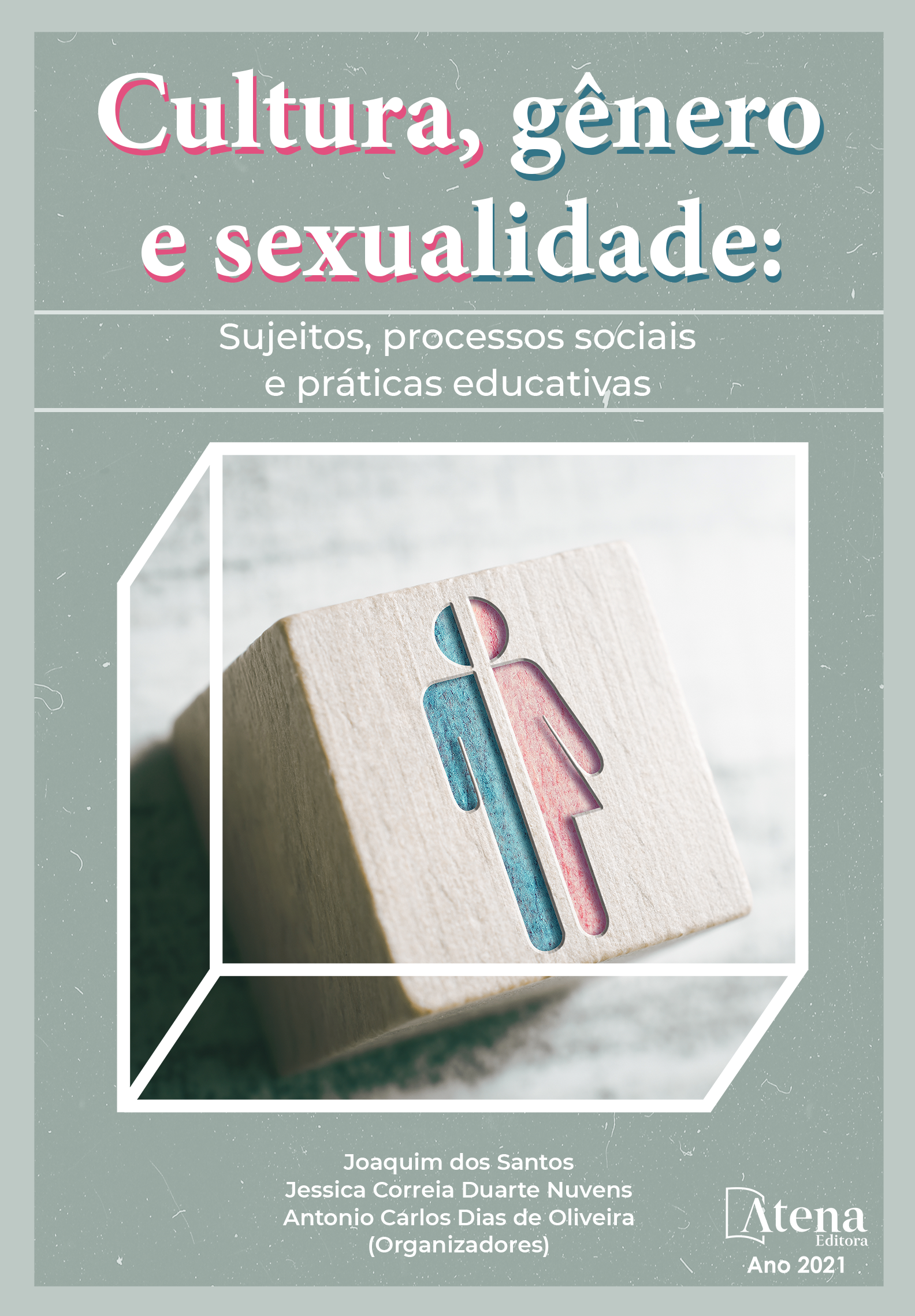
As representações femininas da antiguidade à idade média e sua exclusão do contrato social: as desigualdades de gênero como objeto das modernas teorias de justiça
Este artigo analisa a exclusão histórica das mulheres e a necessidade de políticas verdadeiramente emancipatórias no âmbito das modernas teorias de justiça. Para tanto, começa-se por investigar as origens da exclusão a partir das representações simbólicas das mulheres na Antiguidade Greco-romana. Em seguida, analisa-se a exclusão da mulher nas teorias contraturalistas clássicas a partir do século XVII à luz das ideias de Carole Pateman. Daí se passa a concepção de Nancy Fraser, que propõe a superação das falsas antíteses entre as políticas de redistribuição e de reconhecimento, bem como busca construir um conceito mais amplo de justiça e aumentar o sentido e o alcance do termo paridade participativa, com ênfase nas questões de gênero, entendido aqui não apenas em termos numéricos, mas sobretudo qualitativos.
As representações femininas da antiguidade à idade média e sua exclusão do contrato social: as desigualdades de gênero como objeto das modernas teorias de justiça
-
DOI: 10.22533/at.ed.7242114121
-
Palavras-chave: Representações femininas; contrato social; desigualdades de gênero; teorias da justiça
-
Keywords: Female representations; social contract; gender inequality; theories of justice.
-
Abstract:
This paper analyses the historical exclusion of women and the necessity of truly emancipating policies under the scope of the modern theories of justice. For this purpose, we start by investigating the origins of the exclusion from the symbolic representations of women in the ancient Greco-Roman civilization. Next, we analyse the exclusion of women in the classical contractualist theories from the seventeenth century in the light of the ideas of Carole Pateman. From this point we move on to the conceptions of Nancy Fraser, who suggests the overcoming of untrue antitheses between redistribution and recognition policies, as well as build a broader concept of justice and widen the meaning and the scope of the expression participatory parity, with emphasis on gender issues, here considered not only in numerical terms but, above all, in qualitative terms.
-
Número de páginas: 16
- Katarina Karol Brazil de Melo Rocha


